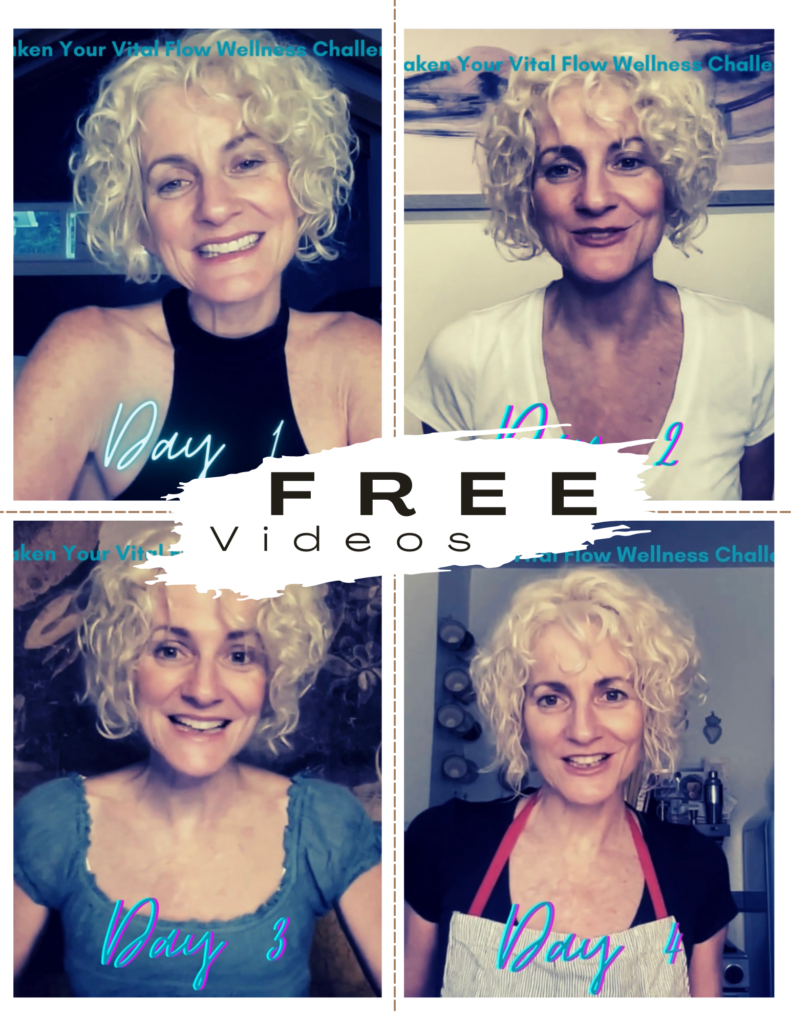Informed Decision Making: It’s Worth It!
Informed decision making is one powerful way to participate in your healing. Making a decision is a dynamic action step. Informed decision making involves a period prior to action where an investigation into the nature of the choice, the path it requires, the possible outcomes, the pros and cons, is deliberately made.

Does informed decision making lead to making the right choice?
Or at least a better choice than a choice made without prior deliberate investigation?
Right and better, of course, mean different things to different people. Second and third opinions are commonly sought in healthcare for this very reason. And that we call them opinions, even expert opinions, highlights the mystery inherent in healing.
Most people feel empowered by informed decision making.
My almost 30 years of experience with clients has taught me that most people feel empowered about informed decisions they make to address and support their healing. Whether their decision was clinically the “right” choice in terms of current recommended protocols and procedures, they’ll commonly report that active participation in the decision-making process enhanced their well-being and sped their healing.

Another and very profound direction of investigation is to turn inward to the sensations in our bodies.
Informed decision making can involve a lot or a little outside digging.
Information can be garnered through extensive research into the latest science, deep dives into Dr. Google, community support groups, talks by experts, alternative therapies, second and third opinions, and so much more.
Another and very profound direction of investigation is to turn inward to the sensations in our bodies. In fact, this somatic input may be critical to making the decision personally meaningful and profoundly healing.
As I put together an upcoming talk about the latest research on lymphedema precautions, the so-called Myths and Truths, I am struck once again by how important it is to be informed with the latest science. AND, how yesterday’s Truths aren’t today’s and likely won’t be tomorrow’s.
In other words, the truths that inform our health-related decisions are constantly changing.

Our understanding of the lymphatic system, what challenges and what supports it, is constantly being examined, broadening opportunities for informed decision making.
New studies are being done, and the recommendations are changing regularly. What I told people 20 years ago isn’t what I told them 10 years ago and won’t be what I’m going to tell them in my upcoming talk. In other words, the truths that inform our health-related decisions are constantly changing.
This is a beautiful thing! And it can also make information-gathering feel confusing, and the subsequent decisions based on the changing recommendations feel arbitrary.
Our own bodily experience is critically important to informed decision making.
What I have found to be a reliable source of wisdom and guidance around lymphatic support throughout my whole career is the sensations in our bodies. The principle of relative truths holds here, too: Yesterday’s Truths aren’t today’s and won’t be tomorrow’s. Everyday we have to ask again. Information-gather again.

Each and every day we get to ask again.
Everyday we receive an invitation to pay loving attention to what is new. And it is all new! This breath, this moment, this next step: none of it ever experienced before.
Informed decision making propels us toward well-being
In my talk I will outline the latest research on our understanding of “risky” and “supportive” behaviors for people who have or are at risk for lymphedema because these are important guidelines. They help people make informed decisions that propel them toward well-being.
And critical to taking those informed action steps in a personally meaningful and profoundly healing way is to apply the research guidelines to our own subjective experiences in real-time to determine our personal lymphatic truths.
Based on a loving and attentive exploration of our body today, informed by prior experiences but not limited to them, how do we use the present day lymphedema guidelines to support behaviors that nourish our system to the best of our ability?
Do I believe in the power of informed decision making? Absolutely.
Disclaimer – This blog is for general information purposes only. Furthermore, the information contained in this blog is not a substitute for medical advice. Always consult your licensed healthcare professional for advice on your specific condition.

